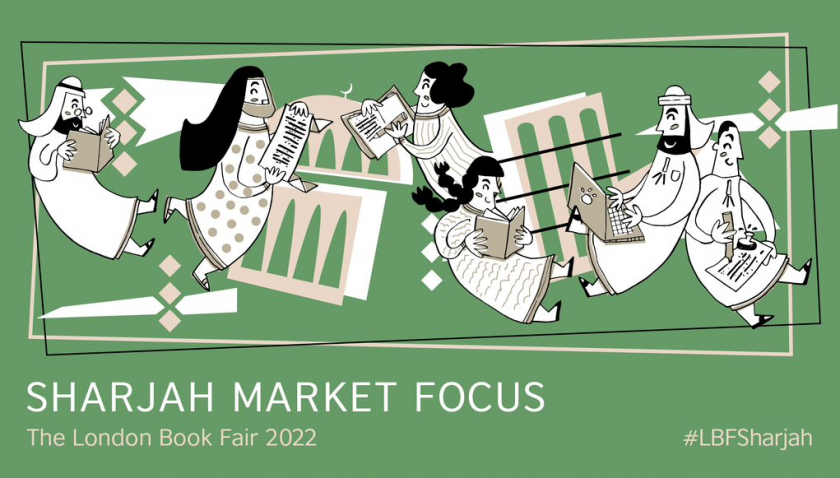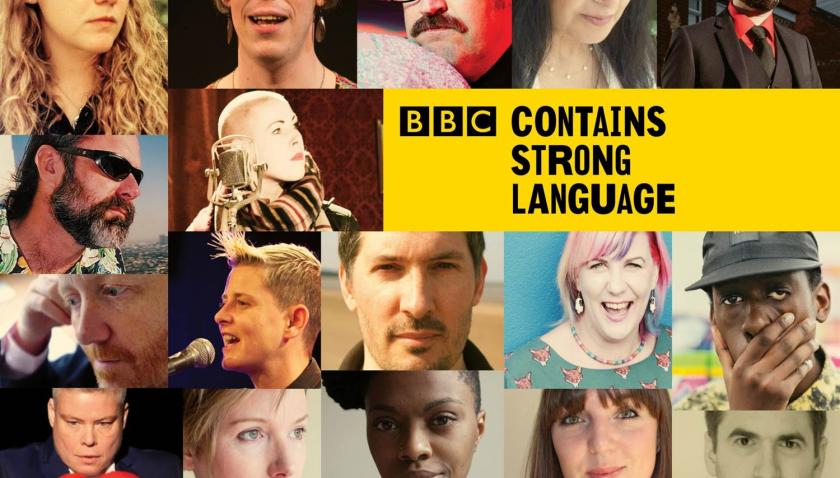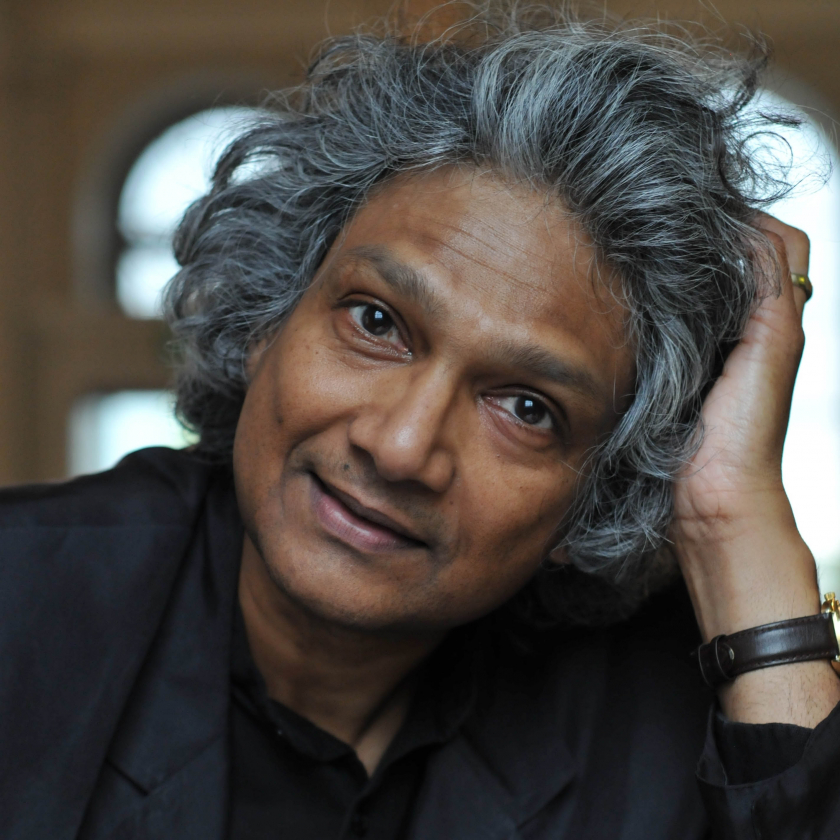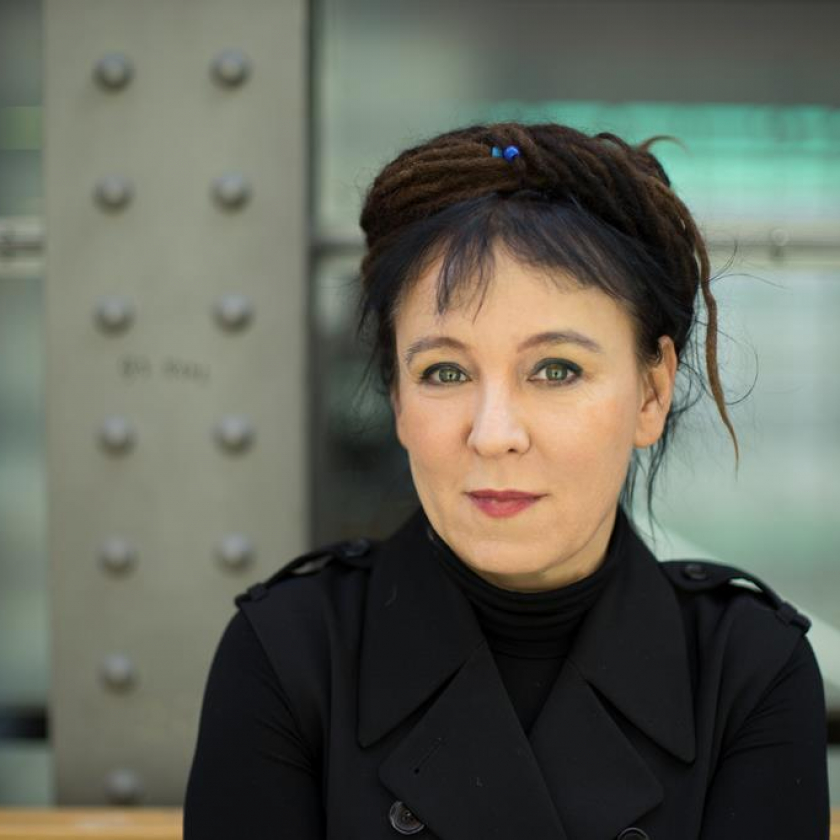As quarantine continues, we’re all noticing that we respond to lockdown differently. While many spend each day providing care, food and other necessities, those of us privileged enough to be 'stuck at home' are seeing our friends’ and family members’ behaviour change under the new conditions: for every extrovert sibling climbing the walls, trying to come up with excuses to go to the supermarket for a change of scenery, there’s the indoor kid sitting cross-legged under the table, drawing a complicated map of a world that exists only in their head. While one bored teenager starts a 4am livestream of his first attempt to make sourdough, another is enjoying her regular sleep pattern, having re-read Anne of Avonlea before bed.
Countries, too, are responding differently. New Zealand’s government – having already assured its public that the Easter Bunny is a key worker – are taking a pay cut in solidarity with their workers, while in other countries public figures are donating money towards research, charities are helping out those affected by the virus, and individuals are setting up neighbourhood mutual aid groups or doing a hundred laps of their back garden to raise millions for public health services.
Meanwhile, organisations worldwide continue to come up with new, imaginative responses to the lockdown. In this week’s newsletter, the British Council looks to colleagues in Jamaica and Cuba to discover how their arts scenes have kept audiences going through quarantine, while translators from Polish and Arabic look back to the UK, bringing new work to English-language readers for the first time.
And, for anyone whose child is climbing the walls or waking up at 4am, there’s a special children’s literature focus, to help keep them going for a little longer…
Read
If, like many, you’re finding your attention span keeps shifting under quarantine, ‘short reads’ might be for you. The latest issue of Asymptote has just launched, with new writing from Romania, Tibet, Egypt and more, as well as their new blog series, ‘In This Together', in which translated authors publish new work responding to Covid-19.
Meanwhile, Antonia Lloyd-Jones - the English-language translator of Polish authors such as Olga Tokarczuk and Jacek Dehnel - has given an interview to World Literature Today discussing life as a full-time literary translator and the reception of literature in translation in the UK. .
For a longer read - or if you’re learning Spanish under lockdown and want to practise your skills – Yailet Landrove, Arts and English Manager for British Council Cuba, recommends this page from The Cuban Writers and Artists Union (UNEAC). Every Tuesday, they suggest new titles published by Ediciones Unión, the organization's literary label, with excerpts of the books available to read online in Spanish.
And if you want a different perspective on Wuhan than you’re able to get from the latest newspaper reports, this short comic from artist Laura Gao about her life growing up there creates a personal, touching portrait through her love of its culture, history, and food.
Participate
Writing organisations in the UK have been building new resources for creatives under quarantine, including The Literary Consultancy’s Inspiration Page with free writing prompts, tips, advice, and even yoga routines to help writers stay creative while under lockdown. Write and Shine are offering a free one-week trial for their subscription service, which gives writers unlimited access to their library of courses with timed exercises and creative progress charts.
Kingston Creative has been hosting a monthly art walk through downtown Kingston for three years. Due to COVID-19, they have taken their Art Walk online, and the first Kingston Creative Virtual Art Walk, on the theme of literature, includes performances by Jamaica Poetry Society, Dub Poetry from Majah, Modern Jamaican Storytelling from Long Story Short, and Rebel Women Lit.
On 23 April, the Translated Fiction Online Book Club – hosted by Peirene Press in collaboration with Charco Press, Comma Press, Istros Books, Nordisk Books and Tilted Axis Press – will have its next meeting, discussing the short story collection Thirteen Months of Sunrise by Rania Mamoun. It’s translated by Elisabeth Jaquette, one of the teachers from the recent Arabic/English translation workshop run by the British Council in Sharjah.
Discover
The shortlist for the OCM Bocas Prize has been announced, recognising books of poetry, fiction and literary non-fiction. This year's shortlist includes Epiphaneia, the third collection by Forward Prize-shortlisted poet Richard Georges; Everything Inside, a collection of short fiction by the celebrated Haitian-American writer Edwidge Danticat; and Shame on Me, by Guyana-born, Canada-bred, UK-based Tessa McWatt.
The Jhalak Prize has also just revealed its shortlist. Now in its fourth year, the prize features books that cross the boundary between poetry, memoir, fiction, essay and travelogue. The shortlisted authors this year are Dean Atta, for his YA verse-novel The Black Flamingo; Yvonne Battle-Felton, for Remembered (previously longlisted for the Women’s Prize for Fiction); Candice Carty-Williams, for her bestselling novel Queenie; Booker Prize-shortlisted writer Romesh Gunesekera, for his novel Suncatcher; Mary Jean Chan, for the poetry collection Fleche – winner of the Costa Poetry Award – and the writer and photographer Johny Pitts, for Afropean, a journey across black Europe.
Jherane Patmore, Arts Manager for British Council Jamaica, recommends Rebel Women Lit – a Jamaica-based book club whose mission is to read, celebrate, and share diverse literature by focusing on empowering the narratives of women, black, and queer people. On 18 April they will be having an online open mic night over Instagram. Meanwhile Poet in the City’s new series ‘Fail Better’ – a digital events programme discussing failure as a catalyst for change – is now three episodes in, with contributions by Dean Atta, Anthony Anaxagorou and Reece Lyons.
Children's
Julia Donaldson and Axel Scheffler – author and illustrator of The Gruffalo and many more – have created a new series of panels to help children understand the pandemic, with illustrations featuring their famous characters practising social distancing and helping vulnerable members of their communities. Donaldson is also producing a weekly broadcast on the Gruffalo Facebook page, featuring songs and stories from her and other children’s authors.
Axel Scheffler has also illustrated the new Coronavirus: A Book for Children by Elizabeth Jenner, Kate Wilson, and Nia Roberts, a free PDF of a children’s book with advice from Professor Graham Medley from the London School of Hygiene and Tropical Medicine.
A new Facebook page, Picture Book Authors Events Online, has been established, presenting videos and livestreams of picture book authors and illustrators, sharing their work, reading their books aloud, and giving live drawing demonstrations, to keep younger readers entertained while they can’t get to libraries or bookshops.
And, finally, if this doesn’t keep the young reader in your life occupied, then why not try encouraging them to write something themselves? The online platform The Short Story are accepting submissions from anyone aged 6–18, worldwide. The short stories will be read by Senior Editor Rupert Dastur, and the site aims to publish one or two stories a week.




